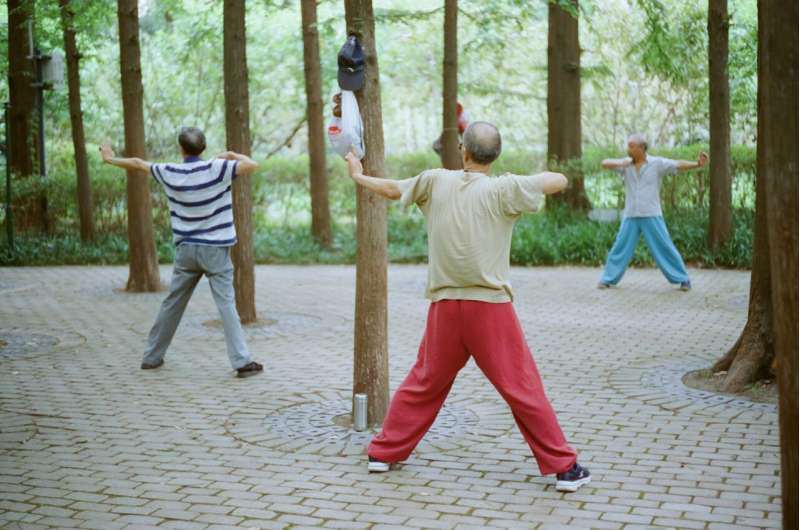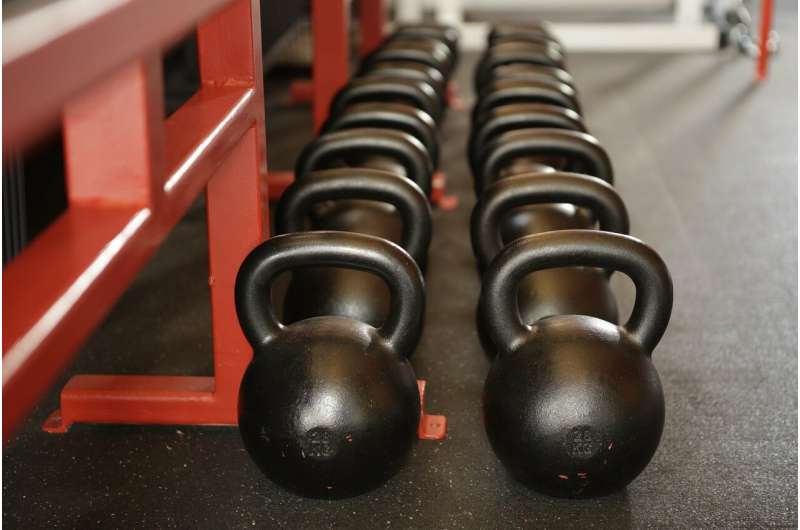Dopamine and Noradrenaline Play Key Roles in Hippocampal Activation During Light Exercise

Discover how light exercise stimulates the brain's hippocampus through dopamine and noradrenaline, enhancing memory and brain plasticity based on recent research.
Recent research from the University of Tsukuba has shed light on the neural mechanisms behind how even light physical activity can enhance brain function. The study focused on the role of monoamine neurotransmitters, particularly dopamine and noradrenaline, in activating the hippocampus—a brain region crucial for memory and learning—during low-intensity exercise such as light jogging or yoga.
The researchers hypothesized that neurotransmitters produced in the brainstem, including dopamine from the ventral tegmental area (VTA) and noradrenaline from the locus coeruleus, are involved in regulating hippocampal activity. To investigate this, they used a rat treadmill model to simulate human-like exercise responses and measured changes in neurotransmitter levels and neuronal activation.
The findings revealed that levels of dopamine and noradrenaline increased in the hippocampus during light exercise. Moreover, neurons in the VTA and locus coeruleus, the respective origins of these neurotransmitters, showed heightened activity, which was positively correlated with increased hippocampal neuronal activation.
These results suggest that the monoaminergic system, specifically dopamine and noradrenaline, significantly influences hippocampal activation during light physical activity. This neural circuit may be a key pathway through which exercise promotes cognitive benefits, including improved memory and brain plasticity.
Further research is needed to detail the specific neural circuits involved and to explore how these findings can be applied to develop exercise-based interventions for cognitive enhancement. The study contributes to understanding how even mild exercise can have profound effects on brain health by modulating critical neurotransmitter systems.
This research was published in The FASEB Journal and highlights the importance of light exercise for brain function, emphasizing its potential as a non-invasive strategy to support cognitive health.
Stay Updated with Mia's Feed
Get the latest health & wellness insights delivered straight to your inbox.
Related Articles
Reevaluating the Ideal Number of Daily Steps for Better Health
New research suggests that aiming for around 7,000 steps daily provides significant health benefits, challenging the traditional 10,000-step goal. Personalize your movement for better health outcomes.
Reconnecting with Exercise During Cancer Treatment
Discover the importance of exercise during and after cancer treatment. Learn how moderate physical activity can improve strength, mental health, and reduce recurrence risk for cancer survivors.
Optimal Workout Order Revealed: Cardio Before or After Weightlifting?
Recent research reveals that performing weight training before cardio enhances fat loss and daily activity. Discover which workout order maximizes your fitness results based on scientific findings.



